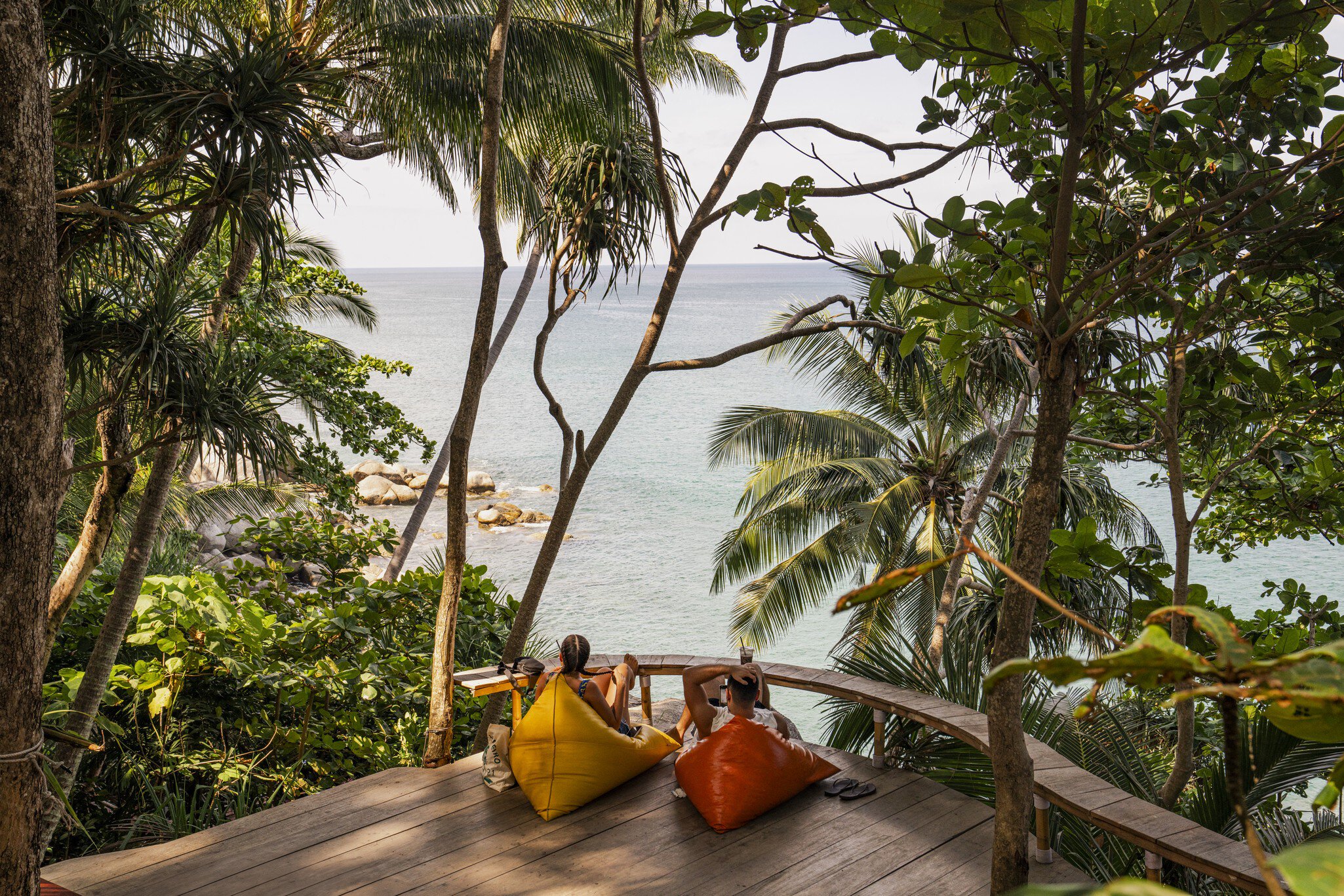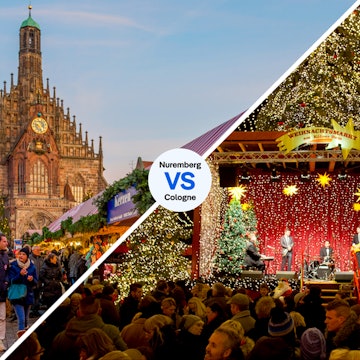

With snowcapped volcanoes, Kamchatka is a place of primal beauty. Sergey Krasnoshchekov / 500px
The largest active volcano in the northern hemisphere and brown bear scooping up salmon – you can see both in Russia’s barely touched Kamchatka Peninsula. Without a doubt, this sub-Arctic, 1250km-long finger of land in the Russian Far East is one of the top places on Earth for pristine habitats and abundant wildlife, despite being covered in snow and ice most of the year.
Wildlife and volcanoes
One way to measure the unbelievable biological wealth of this region is to count the number of plants found here. Kamchatka is home to more than 1000 species of plants – and where there are a lot of different plants, you know you’re going to find a lot of animals. Little disturbed and scarcely explored, this area is populated with more than 15,000 brown bears, 10,000 snow sheep, 1500 reindeer, wolves, foxes, wolverines and sables – not to mention half of the world’s population of massive Steller’s sea eagles. Coastal areas are home to nine species of whales, huge seabird colonies and thousands of sea otters.
However, only a few thousand tourists a year make it to this remote and little-known region. In fact, scarcely 400,000 people live on the entire 472,000-sq-km peninsula and half of those live in Petropavlovsk-Kamchatsky, the only major city and the base camp for every expedition in Kamchatka. Visitors come for one of two reasons: to see the most impressive collection of volcanic features in the world, including the largest active volcano in the northern hemisphere, and to see abundant and remarkably peaceful brown bears feasting on millions of salmon.

Fortunately, you can do both at the Kronotsky Reserve, 200km northeast of Petropavlovsk and one of seven huge protected areas which together comprise the Unesco-listed Volcanoes of Kamchatka Nature Park. Explore Kronotsky’s famous Valley of the Geysers and the 10km-diameter Uzon Caldera, or check out South Kamchatka Sanctuary at the southern tip of the peninsula in August to witness the largest salmon run in the world and hundreds of bears at Kuril Lake.
Organised tours
While it’s getting easier than ever to visit Kamchatka on your own, limited infrastructure, permit requirements and risks like bear attacks and avalanches make preplanned tours mandatory for many places and highly advisable for others. Many of Kamchatka’s most famous sights, such as the Valley of the Geysers and Kuril Lake, can only be reached by organised tour due to the need to charter a helicopter for the journey. But going on a tour doesn’t mean packing onto a busload of camera-toting tourists – some groups are private, for just two to four people, and most groups include fewer than 20 people.

Tours range from simple day trips to one- to two-week all-inclusive expeditions taking in dozens of sights and activities. Plan ahead, especially in July and August, otherwise days can be wasted scrambling for a guide to return from a trip or transport to be arranged from Petropavlovsk. Tours usually include everything: guides, transport, permits, hotels or tents, and food. Most of the high-profile tours involve helicopter rides or 4WD transport. Petropavlovsk has dozens of tour companies; highly recommended agencies include Explore Kamchatka, Kamchatintour and Lost World.
Prices for the big day trips – Valley of the Geysers, Kuril Lake and Mt Mutnovskaya – are set by the helicopter companies and tend to cost the same no matter which travel agency you use (travel agencies pool clients for these tours). A day trip to the Valley of the Geysers costs 37,000 roubles per person, including a one-hour helicopter ride each way, lunch and stops at Uzon Caldera and Zhupanova River. Prices for longer tours vary wildly depending on how much time is spent in helicopters. A week-long tour involving some camping and visiting several key sights might cost €2500 to €3500, including a few helicopter rides.
Independent travel
DIY travel is more difficult and comes with serious risks – especially if you’re looking to venture into the backcountry, where any misstep can be dangerous and you’re best off having an experienced guide. Winter travel eliminates the risk of bear attacks but creates new risks, such as days-long white-outs. Bear in mind that Kamchatka, as both a border region and a militarised zone, also involves various permits; check on the latest rules before heading anywhere outside Petropavlovsk-Kamchatsky and Yelizovo.
With those caveats established, the easiest fully DIY trips around Petropavlovsk include the hike up Mt Avachinskaya (one of Kamchatka’s ‘easier’ volcanoes to summit, about four to six hours up) and trekking along the well-marked trails from Mt Avachinskaya to Nalychevo Valley (about a two-day hike, with camping in designated areas or huts). Another option is to head up to Esso, 10 hours north of Petropavlovsk by bus, where Bystrinsky Nature Park has an extensive network of well-marked and well-mapped trails. If you want to get more ‘out there’ than Nalychevo or Esso, your best bet is simply hiring a local guide and going on a week-long or longer trek to explore the peninsula’s huge pockets of wilderness. The visitors centre or the Volcanoes of Kamchatka Park Office in Yelizovo are the best place to get a freelance guide.
First published in August 2009










